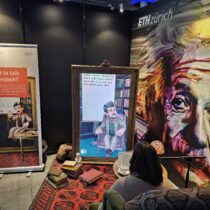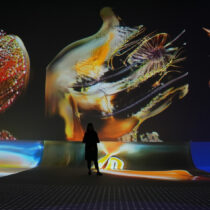Insects360 – Insect Class for the Public
March 20, 2025A personal encounter with insects
My first conscious encounter with insects happened in 1995 when I was six years old, at my Grandmother’s village house in Turkey. Surrounded by agricultural fields and orchards, our garden was full of insect life. With almost no light or noise pollution, insects frequently visited my playground and piqued my interest in biology.
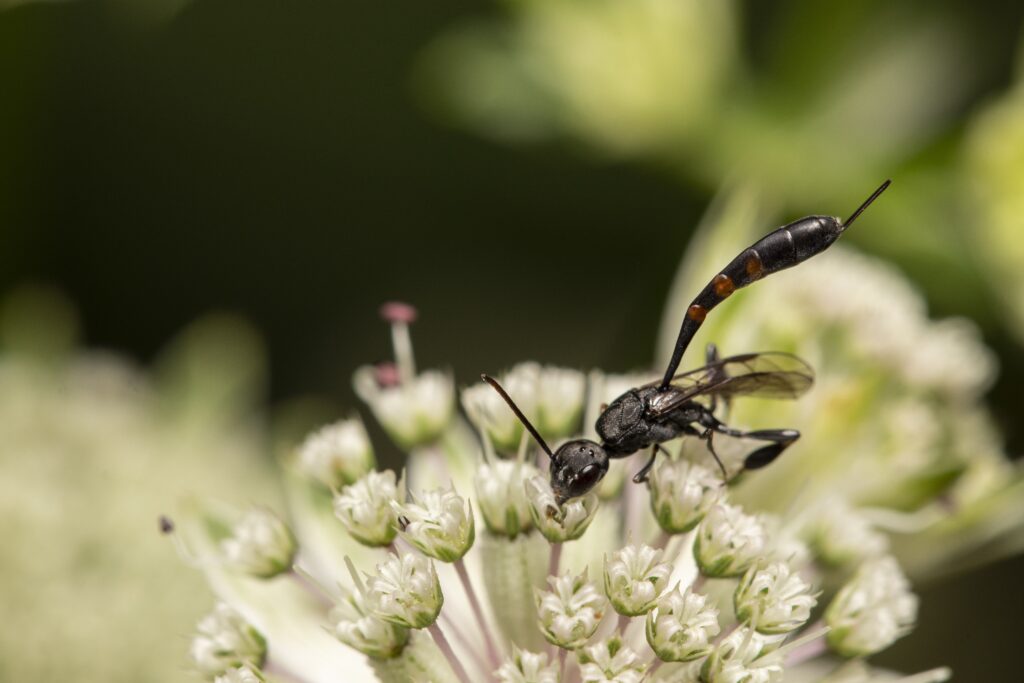
Fast forward to today, and the world has changed drastically. Reports clearly indicate how climate change, human activity, and pesticide use are threatening insect biodiversity. Protecting insects starts with education – especially at a young age. Teaching children not to fear insects and helping them understand their vital roles in the environment (beyond just pollination) are crucial steps in fostering environmental awareness for the future. Now is the time to sound the alarm and draw attention to the importance of our six-legged friends.
My journey in science communication and my deepening interest in entomology led me to an unexpected role at ETH Zurich: coordinating the Insects360 project.
What is Insects360?
Insects360 is a collaborative initiative involving the Biocommunication Group, the Entomological Collection of ETH Zurich, and the SimplyScience Foundation. Originally designed by Dr. Melissa Whitaker and funded by the Swiss National Science Foundation, the project includes a website available in both English and German. It aims to raise awareness of the significant impact insects have on human societies and the environment, from agriculture and disease transmission to culture.
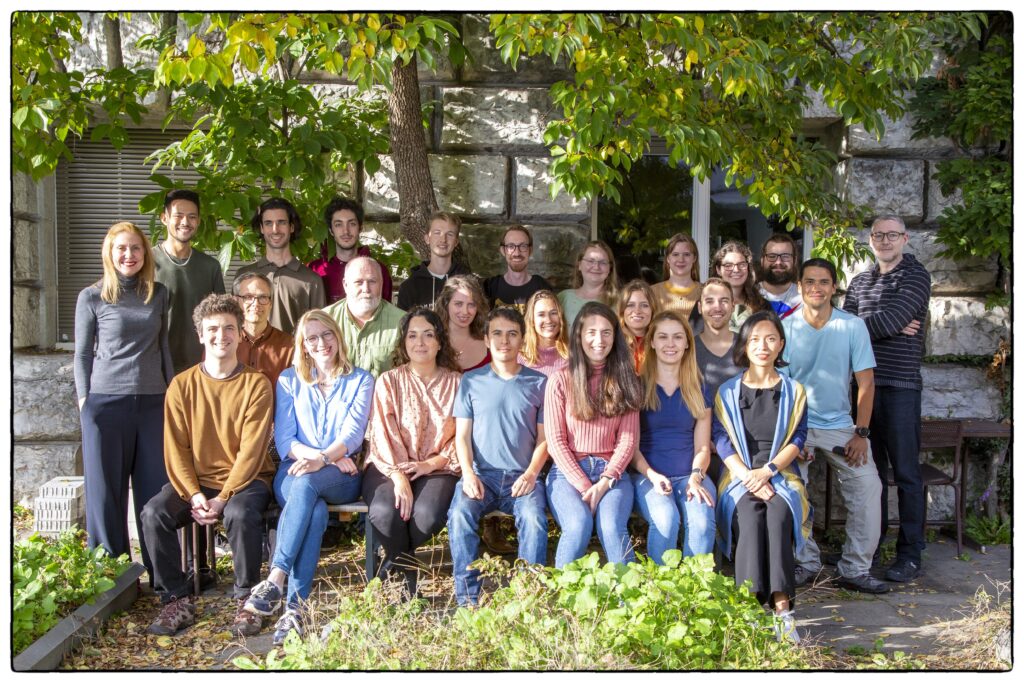
Thanks to our incredible collaborators, we have published six topics so far, each featuring engaging articles and interviews. We also offer educational content for Swiss schools – carefully crafted by Dr. Alexandra Rosakis from SimplyScience Foundation. Additionally, Christian Felsner has created stunning 3D models using photogrammetry to generate precise three-dimensional reconstructions of insects from our treasured collection. Led by Prof. Dr. Consuelo de Moraes and Prof. Dr. Mark Mescher, the project is set for completion by April 2025. As its coordinator, I’m excited to share some of its highlights with you.
Competitions: Engaging the public
Insects surround us, yet we often overlook them – unless there’s a special reason to pay attention. That’s exactly what we’re offering through two exciting insect-themed competitions hosted on our website!
The first competition is open to all ages. We invite you to become keen observers and capture photos of insects with your smartphone. The winning entry will be selected by renowned insect photographer Thorben Danke, and the prize is a stunning book by Armin Coray, the Swiss illustrator celebrated for his detailed black-and-white insect drawings.
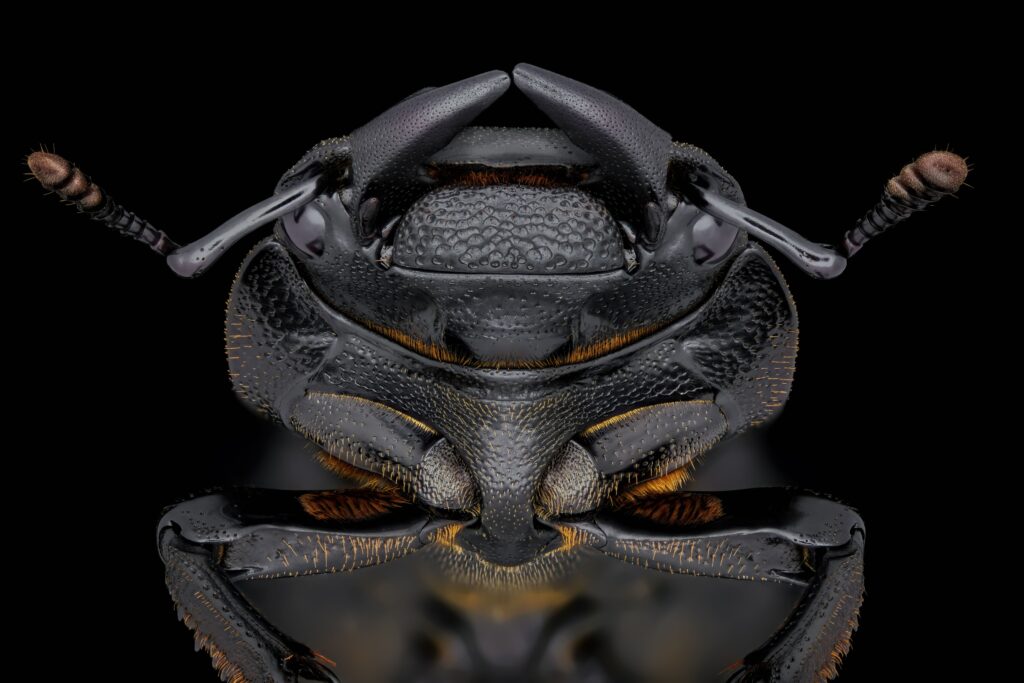
The second competition is for kids and teens, with two categories: fantasy insects and realistic insects. Drawing requires careful observation, helping young participants appreciate every detail of their subjects. Through this competition, we hope to inspire the next generation to notice, appreciate, and ultimately protect insects.
The submission deadline for both competitions is 31 March 2025.
3D models
In this project, we create high-quality 3D insect models from the Entomological Collection of ETH Zurich, accessible on laptops, tablets, and smartphones. Our platform allows you to zoom in, rotate 360 degrees, and observe hidden details.
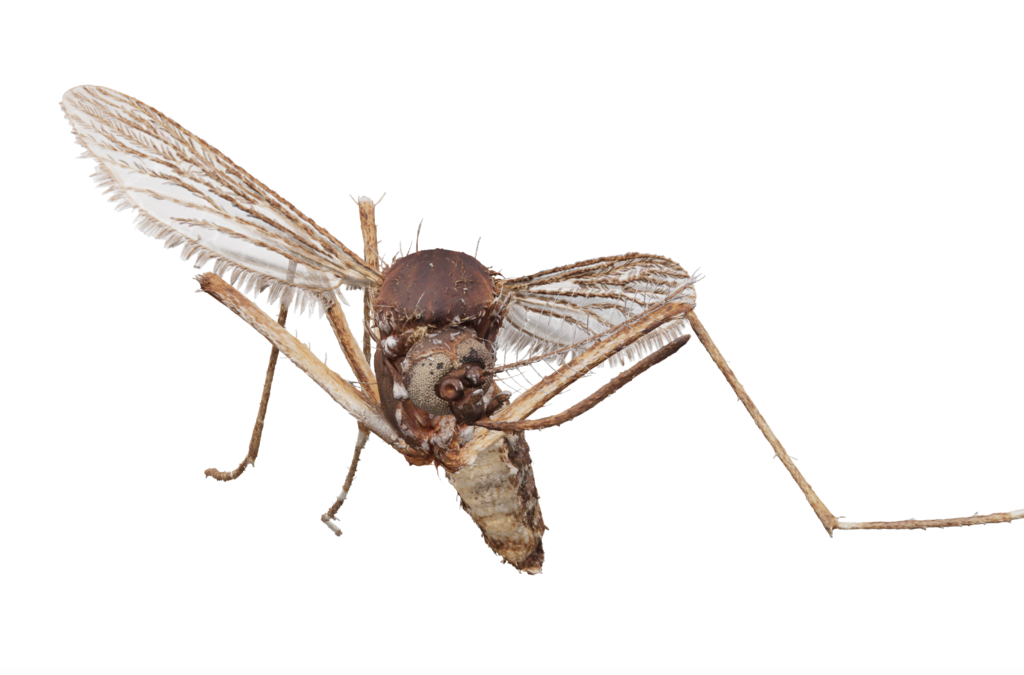
We have published 25 insect models on our website, including a particularly remarkable specimen: Anopheles stephensi, a genetically modified mosquito incapable of carrying malaria. Developed at the University of California, Irvine, in 2009, this mosquito was engineered to block the malaria parasite and was later released into the wild as part of an effort to control disease transmission. This individual, captured from nature, shows signs of damage—it is missing three legs and an antenna. The transgenic mosquito strategy involves introducing a genetic trait that prevents malaria transmission, with the goal of spreading it through natural mating. The specimen belongs to the Musée d’histoire Post-Naturelle, and its 3D model was created by Christian Felsner.
Educational materials for schools
Designed specifically for Swiss schools by Dr. Alexandra Rosakis, our German-language teaching materials provide an engaging introduction to the world of insects. They cover insect anatomy, explain what sets insects apart from other arthropods, and explore the fascinating process of metamorphosis. Whether you’re a teacher or a parent, these resources offer valuable tools to help children learn about and appreciate insects.
Inspired by Insects
Insects have long shaped human culture, art, and innovation, influencing everything from mythology to cutting-edge technology. Their forms and intriguing behaviors have inspired artists, appearing in paintings, sculptures, photographs and textiles as symbols of transformation and mystery.
Their remarkable adaptations have also fueled technological advancements, with scientists studying their wings for improved flight mechanics, their sensory organs to develop biosensors, and their natural materials for sustainable design. Architects have drawn lessons from termite mounds to create energy-efficient buildings, while engineers mimic cockroaches to build drones. Even in fashion and jewelry, insect motifs celebrate their mesmerizing beauty and complex patterns. In this chapter, we interview with both scientists and artists to learn how they got inspired by insects!
A flair for insects

One of our project’s topics explores careers related to insects. Some professionals squeeze into narrow cave crevices to study underground beetles, others use their entomological expertise to assist in crime scene investigations, and some work in insect collections, preserving and studying these fascinating animals. This section of Insects360 highlights career opportunities available to those with a passion for entomology.
A global network for science communication
The Insects360 project has connected entomologists, molecular biologists and even artists worldwide, with our website being accessed from over 80 countries. This global engagement represents the power of science communication in building strong networks. With Insects360, we hope to form new collaborations, educate people, raise awareness about insect conservation, and inspire young minds to consider careers in entomology.
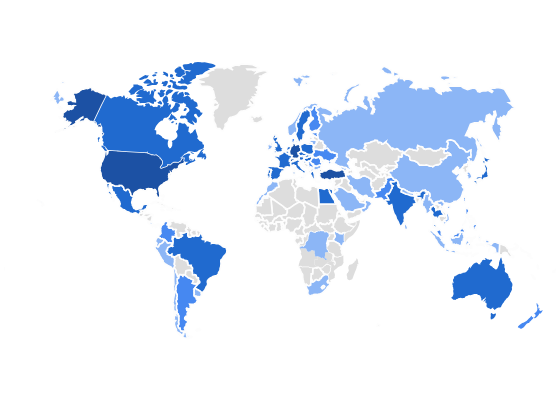
By learning to appreciate insects, we take the first step toward protecting them – and in doing so, we safeguard the delicate balance of our ecosystems.


